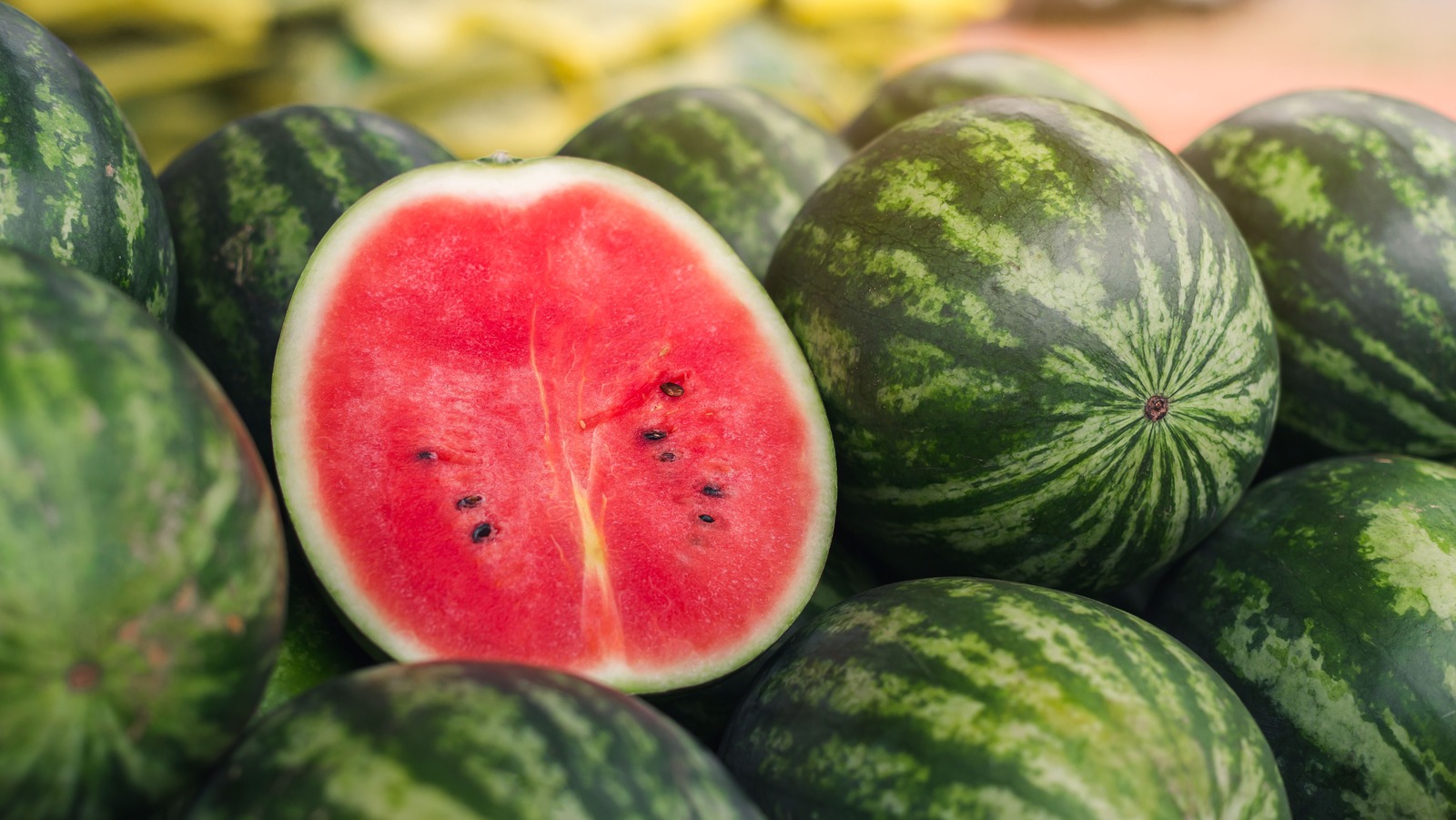Ad Blocker Detected
Our website is made possible by displaying online advertisements to our visitors. Please consider supporting us by disabling your ad blocker.

The benefits of Cantaloupe go beyond its flavor. The fruit is loaded with antioxidants, which help protect the body from free radicals that cause cancer. It is also an excellent source of Vitamin A, which can help prevent cataracts and reduce the symptoms of the common cold. It also contains a good amount of Vitamin C, a powerful antioxidant that can help fight the effects of aging. In addition, the fruit can reduce the duration of the common cold.
Its high levels of potassium, vitamin C, and fiber make it highly beneficial to health. People who consume cantaloupe regularly are less likely to develop diseases related to high blood pressure, including cardiovascular disease and diabetes. Potassium helps reduce blood pressure, and the fruit also helps to fight inflammation, which reduces the risk of heart disease. The fruit is also good for digestion and prevents constipation.
When purchasing cantaloupe, remember to wash it well. Although it contains less acid than other fruits, it is an excellent breeding ground for bacteria. When cutting cantaloupe, remember to store it in the refrigerator or cut it into chunks for later consumption. Ensure that you wash the fruit before eating it, or else it may spoil and become unsuitable for eating. The US Food and Drug Administration reports that 3.5% of cantaloupe samples tested were contaminated with Salmonella, a bacteria that causes diarrhea and can be fatal.
A cup of cantaloupe has 427 milligrams of potassium, which is more than 11 percent of the recommended daily allowance for adults. Potassium plays a role in maintaining the delicate balance of intercellular fluids. This electrolyte is particularly important during physical activity. Moreover, the fruit can help boost the recovery process. The benefits of Cantaloupe are plentiful and can be found in any age group.
As a fruit, cantaloupe is packed with fiber. A high-fiber diet can help you lose weight because fiber fills the stomach and prevents hunger. Additionally, cantaloupe contains several vitamins and minerals. It is a good source of plant-derived antioxidants and can lower cholesterol levels. For this reason, it is a healthy choice for people with diabetes and heart problems. If you are looking for the perfect fruit for a smoothie, consider cantaloupe.
Cantaloupe is beneficial during pregnancy, as it provides the body with nutrients needed for healthy fetal development. Moreover, it contains folic acid, which protects against neural tube defects. This type of affliction affects the spinal bones and brain. Vitamin C also strengthens the immune system and helps to fight diseases. So, don’t overlook this delicious fruit! You’ll be happy you did!
The benefits of cantaloupe go beyond its delicious taste. You can use it in salads, as a garnish, or simply eat it by the bite. Its high water content makes it a healthy food that pairs well with many other foods. Its rich flavor is also delicious when combined with salty dishes. And since it is such a versatile fruit, you can even enjoy it for a healthy dessert!
Cantaloupe has a slippery texture, which keeps it from causing too much grittiness. Children love it in yogurt and it can distract them from other foods at breakfast. Plus, it contains vitamin A, which helps to keep the body’s tissues, growing bones, and eyes healthy. It is also high in beta-carotene, which is converted into vitamin A in the body. So, if you are looking for a tasty fruit to eat, cantaloupe is definitely for you.
The benefits of cantaloupe include skin health. Beta-carotene, a natural antioxidant, helps to protect the skin from damaging UV rays. It helps prevent skin cancer and reduces redness caused by exposure to sunlight. But you need to keep in mind that if you are prone to high triglycerides, you should limit your intake of cantaloupe and apply sunscreen every two hours.
Fresh cantaloupes should smell like fruit. If you find regular orange cantaloupes with white skin, you should probably not eat them. And remember, if you do eat cantaloupe, make sure it is washed and dried. This will remove any dirt and bacteria from the fruit. Then cut the cantaloupe into cubes, slices, or balls. It should be very firm, and not fall apart easily when tapped.


